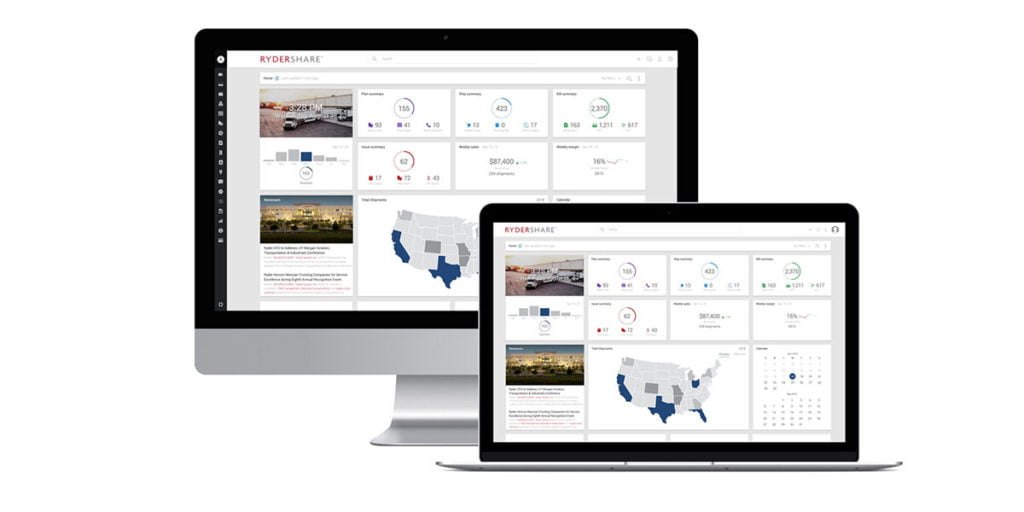The freight logistics sector relies heavily on trucking brokers who, akin to matchmakers, bring together shippers who need to transport goods and carriers who provide the transportation services. While this might seem straightforward, the reality of operating as a broker in this industry is quite challenging. Commoditization of freight brokerage services, price sensitivity, slim profit margins, and other complexities make it difficult to strike a balance between the needs and expectations of shippers and carriers. In this article, we delve into these challenges, their implications, and how they affect the triad of shippers, brokers, and carriers.
Commoditization: The Unseen Challenge
A significant issue faced by trucking broker professionals is the commoditization of their services. In the eyes of shippers, many brokers seem to offer identical services, which makes price the primary decision-making factor. This perception has led to a relentless race to the bottom where the lowest price often wins the contract, while other aspects such as service quality and reliability are often overlooked. This price-focused competition puts enormous pressure on brokers, who are continuously wrestling to offer the most attractive rates while still trying to sustain their business.
The Battle of Service vs. Price
In an industry where cost is king, service excellence often takes the back seat. Yet, service quality is a critical differentiator that brokers can leverage to stand out in a commoditized market. The struggle, however, lies in managing to offer superior service while still remaining price competitive. Delivering exceptional service necessitates a profound understanding of the shipper’s needs, clear and prompt communication, transparency, and swift problem resolution. Navigating this balancing act between price competitiveness and excellent service is a battle that many brokers find challenging.
Profit Margins: Walking the Tightrope
You as a trucking broker feel it more than anyone – with rising operational costs and the constant demand for competitive pricing from shippers, the profit margins for brokers have been shrinking. This price squeeze makes it extremely challenging for brokers to maintain profitability while offering reasonable rates to shippers and carriers. As such, brokers often find themselves walking a tightrope, trying to balance the financial expectations of their customers and partners while also ensuring their own survival.
Retention of Trucking Companies
In a landscape characterized by thin margins and intense competition, retaining trucking companies is a serious challenge for brokers. Similar to shippers, carriers are always on the lookout for the best financial arrangements and consistent freight availability. Additionally, carriers also value timely payments and ethical business practices. In such a competitive and price-sensitive environment, keeping up with these expectations is a significant hurdle for brokers. Unfortunately, this has at times led to an adversarial relationship between trucking brokers and the carriers themselves.
Dealing with Capacity Fluctuations
One of the more volatile aspects of the freight industry is the constant fluctuations in transportation capacity. During periods of high demand and low supply, freight rates shoot up, often leading to disgruntled shippers. On the other hand, when there’s an oversupply of trucking capacity, carriers grapple with low freight availability and decreased rates. Navigating these capacity fluctuations and maintaining a balance that keeps both shippers and carriers satisfied is a continuous struggle for brokers.
Embracing Digital Transformation
In comparison to other industries, the freight sector has been slow to embrace digital transformation. Many brokers still rely heavily on traditional methods of communication and operations, which are often inefficient and prone to errors. Transitioning to digital platforms can significantly enhance operational efficiency, reduce errors, and improve service levels. However, this transition is not without its own set of challenges, including overcoming resistance to change, managing the cost of implementation, and training staff to use new systems. Turvo is an ideal partner in embracing digital transformation for freight brokers, allowing them to offer unparalleled service to shippers, while making carriers happy with an unobtrusive, easy to use system.
Looking Forward
Given these challenges, it’s clear that the role of trucking brokers in today’s freight industry is both essential and complex. Amidst the struggle with commoditization, price sensitivity, slim margins, capacity fluctuations, and the need for digital transformation, brokers must find ways to add value to their relationships with both shippers and carriers. The future of successful freight brokerage lies in the ability to navigate these challenges and transform them into opportunities. Schedule a meeting with us to see how Turvo can help you better bridge the gap as a freight broker between shippers and carriers.
In conclusion, embracing technology, focusing on service excellence, and fostering strong, mutually beneficial relationships with shippers and carriers will be the cornerstone for success in this dynamic industry. While the task is challenging, the rewards for those who can effectively bridge the gap between shippers and carriers are significant. As a broker, understanding these complexities and developing strategies to address them will ensure you remain a pivotal player in the freight logistics ecosystem.









